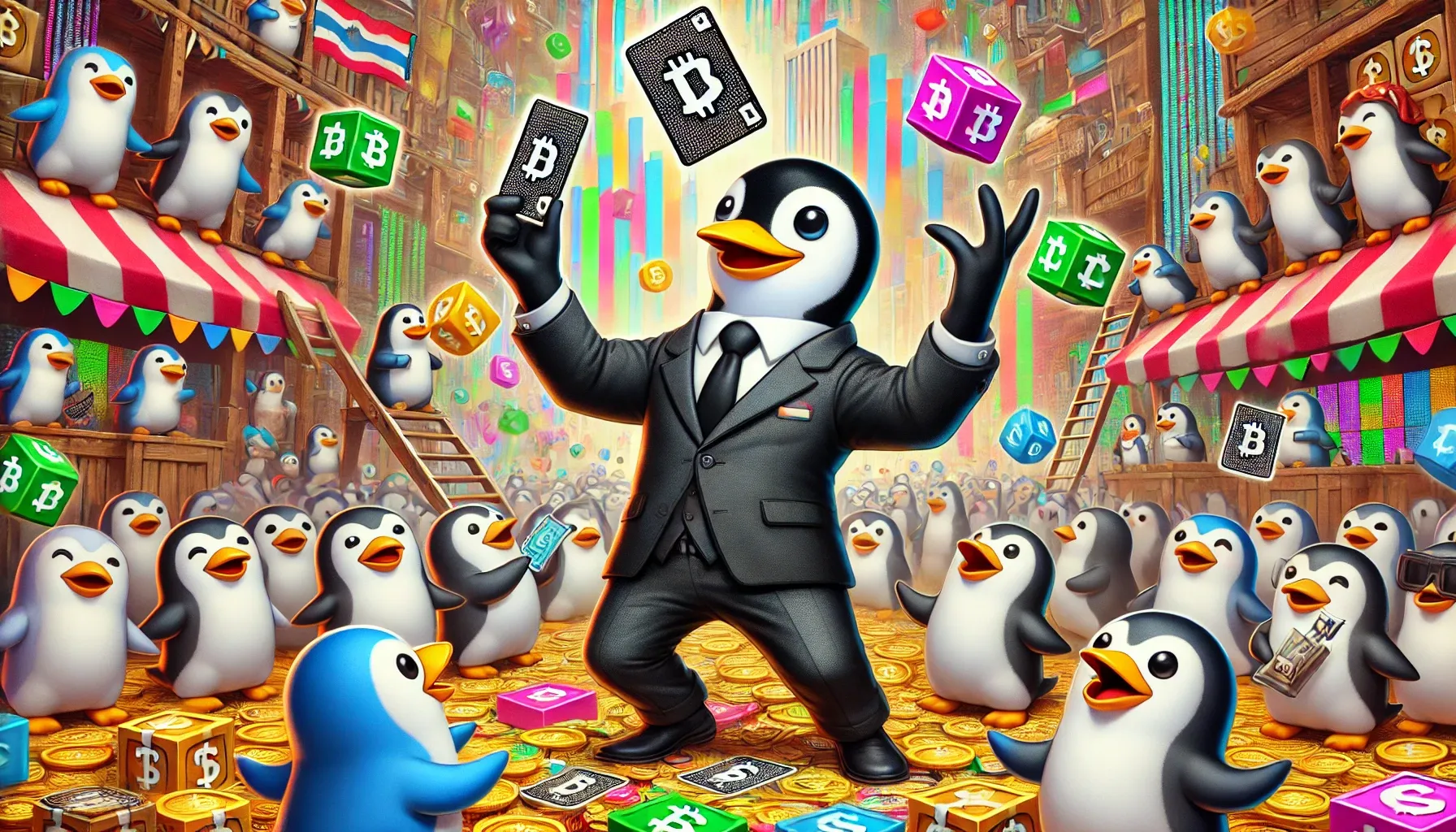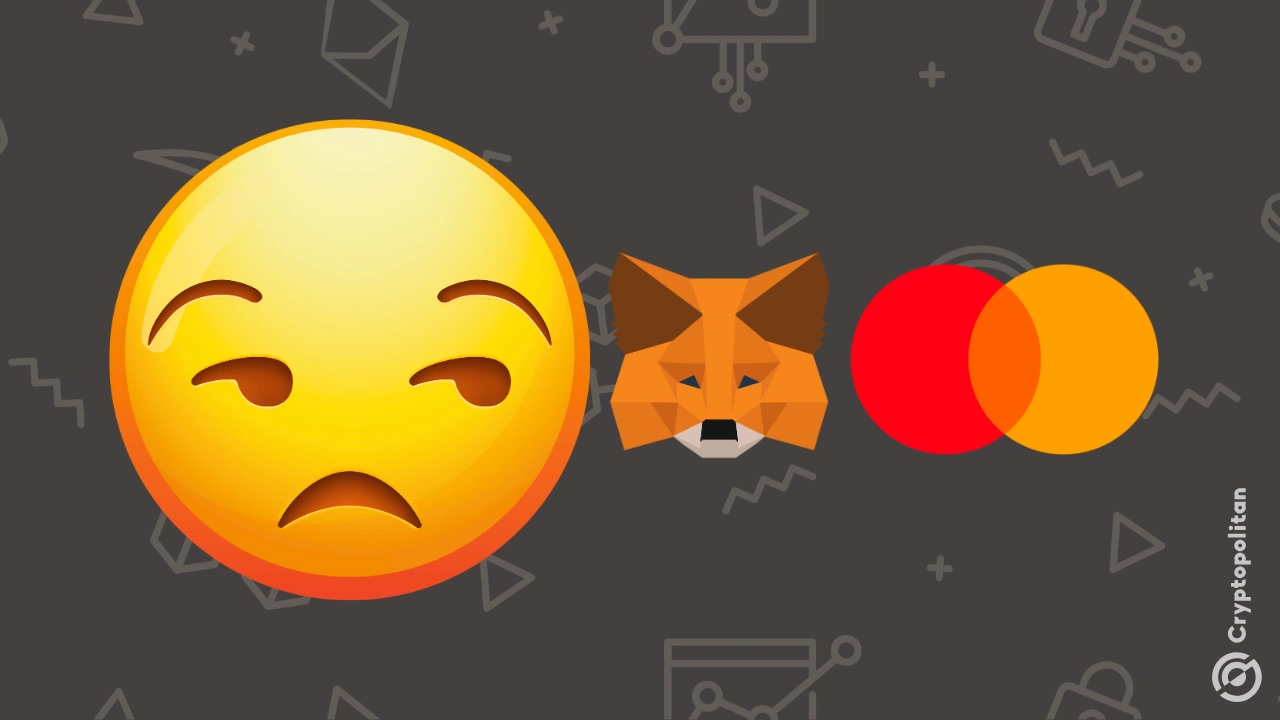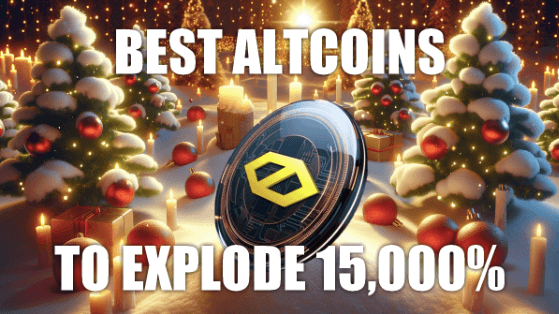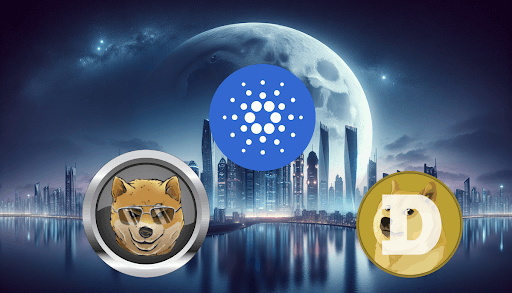In the ever-evolving world of NFTs, trends emerge and fade, communities thrive or dissolve, and what’s considered groundbreaking today might feel outdated tomorrow. CryptoPunks, once heralded as the pinnacle of NFT culture and a symbol of digital art history, now find themselves overshadowed by a fresh contender—Pudgy Penguins. This transition marks more than just a passing of the torch; it reflects a profound shift in the NFT ecosystem and how value is perceived in the space.
The Rise of CryptoPunks: A Brief Recap

CryptoPunks are undeniably iconic, pioneering NFTs that demonstrated the potential of blockchain-based art. Created in 2017 by Larva Labs, this collection of 10,000 algorithmically generated characters became synonymous with NFT innovation. CryptoPunks didn’t just establish themselves as collectibles; they symbolized the early adopter ethos, providing owners with cultural capital in the Web3 world.
Their value skyrocketed during the NFT bull run, with certain Punks selling for millions of dollars. Ownership conferred not just an asset but a piece of blockchain history. However, the NFT landscape has evolved rapidly, and the qualities that made CryptoPunks dominant are now being challenged by collections that appeal to broader audiences and offer more dynamic community-driven narratives.
Enter Pudgy Penguins: The Adorable Challenger

Pudgy Penguins, launched in July 2021, initially gained traction as a fun, whimsical project in the midst of the NFT craze. However, it was their resurgence in 2023 and beyond that solidified their status as a force to be reckoned with. With their charming designs, strong community focus, and strategic leadership under CEO Luca Netz, Pudgy Penguins evolved from being “just another NFT project” into a global brand.
Unlike CryptoPunks, which rely on their status as OG collectibles, Pudgy Penguins actively build relationships with their holders and expand their ecosystem through:
- Merchandising and Licensing Deals: Bringing NFTs into the real world via toys, books, and apparel.
- Community-Driven Growth: Empowering holders to participate in decision-making and incentivizing loyalty.
- Cultural Appeal: While CryptoPunks lean on their exclusivity and historic significance, Pudgy Penguins resonate with a wider audience due to their playful and universally appealing aesthetic.
Why Pudgy Penguins Are Flipping the Script
The transition from CryptoPunks to Pudgy Penguins as a dominant force represents a broader shift in the NFT landscape, driven by key factors:
1. Evolution of Utility and Community-Centric Models
CryptoPunks set the standard for scarcity and cultural value, but Pudgy Penguins build on this by integrating utility. They offer licensing opportunities, holder-exclusive perks, and physical merchandise, fostering both emotional and financial connections to their NFTs. This approach aligns with the evolving expectations of the NFT market, where buyers demand more than static images.
2. Brand Expansion Beyond the Blockchain
Pudgy Penguins have successfully bridged the gap between Web3 and mainstream culture. Their physical toys and collaborations with global brands are strategies that broaden their reach beyond the crypto-native audience. CryptoPunks, while historically significant, remain largely confined to their digital-native appeal.
3. Accessibility vs. Exclusivity
CryptoPunks thrive on their exclusivity, but this also limits their marketability. Pudgy Penguins, with their lower entry price points and approachable aesthetic, appeal to a broader demographic, including families and younger audiences. This accessibility fosters growth and community participation.
4. Market Sentiment and Cultural Narrative
CryptoPunks represent the “OGs” of the NFT space—a badge of honor for early adopters. However, their narrative has become static, tied to the past. Pudgy Penguins, on the other hand, represent hope, creativity, and fun, aligning with a broader cultural desire for positivity in uncertain times.
What This Shift Means for NFTs
The dominance of Pudgy Penguins over CryptoPunks signals a change in how the NFT market defines value. In its early days, scarcity and provenance were the ultimate drivers of value. Today, utility, storytelling, and emotional resonance have taken the forefront. NFT projects now need to balance exclusivity with relatability and offer tangible benefits to sustain relevance.
This shift also underscores the importance of adaptability. CryptoPunks remain legendary, but their lack of evolution in a rapidly changing market highlights the challenges faced by “first movers.” Pudgy Penguins demonstrate that consistent innovation and connection with your audience can elevate even the most whimsical projects into cultural powerhouses.
Will Pudgy Penguins Overtake CryptoPunks in Value?
While Pudgy Penguins are undoubtedly carving a new niche, overtaking CryptoPunks in value and cultural significance is no small feat. CryptoPunks’ historical importance and association with the genesis of the NFT movement give them a level of prestige that is difficult to replicate.
However, dominance is not solely about price tags. It’s about influence, reach, and the ability to shape the narrative. Pudgy Penguins are proving that a playful, community-driven approach can rival the stoic exclusivity of CryptoPunks.
Conclusion
The story of Pudgy Penguins versus CryptoPunks is not just about one collection overtaking another—it’s a narrative of change within the NFT space. It highlights how the market has matured, moving beyond mere speculation to demand real value, engagement, and cultural relevance. As the ecosystem continues to evolve, projects that prioritize innovation and community over exclusivity will likely continue to lead the charge.
So, are Pudgy Penguins the new CryptoPunks? Perhaps not in the traditional sense, but they are certainly flipping the script on what it means to dominate the NFT world.










